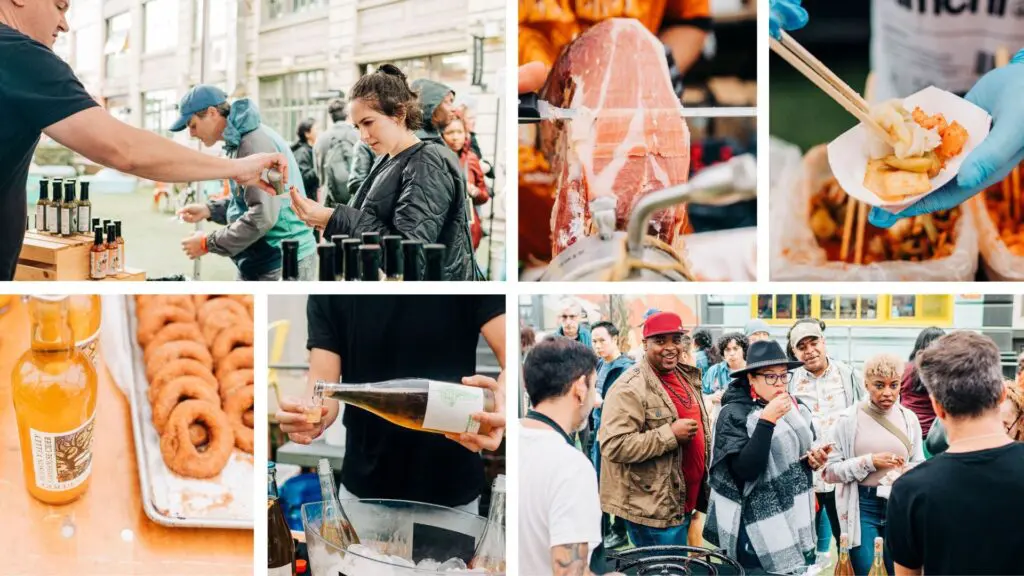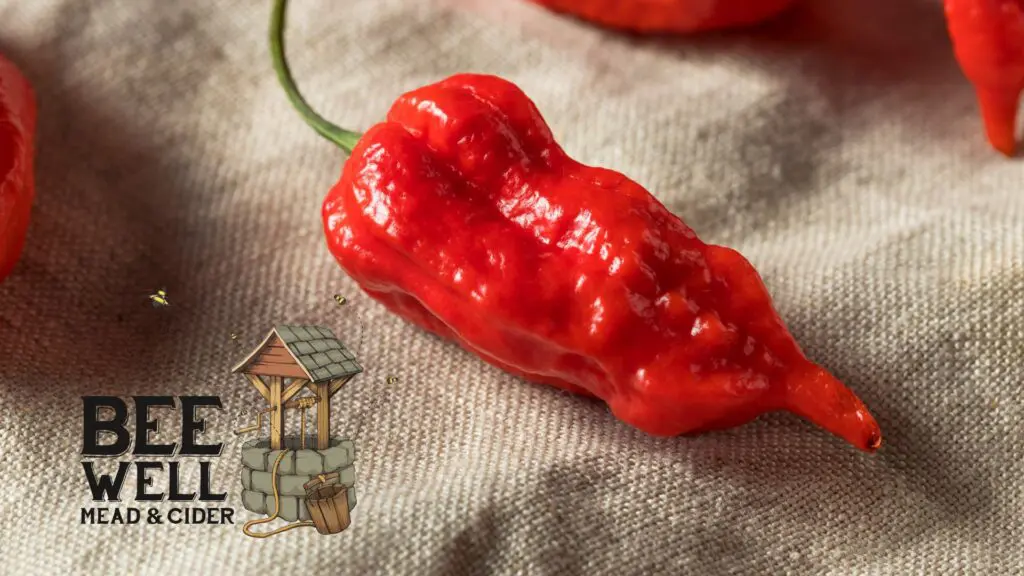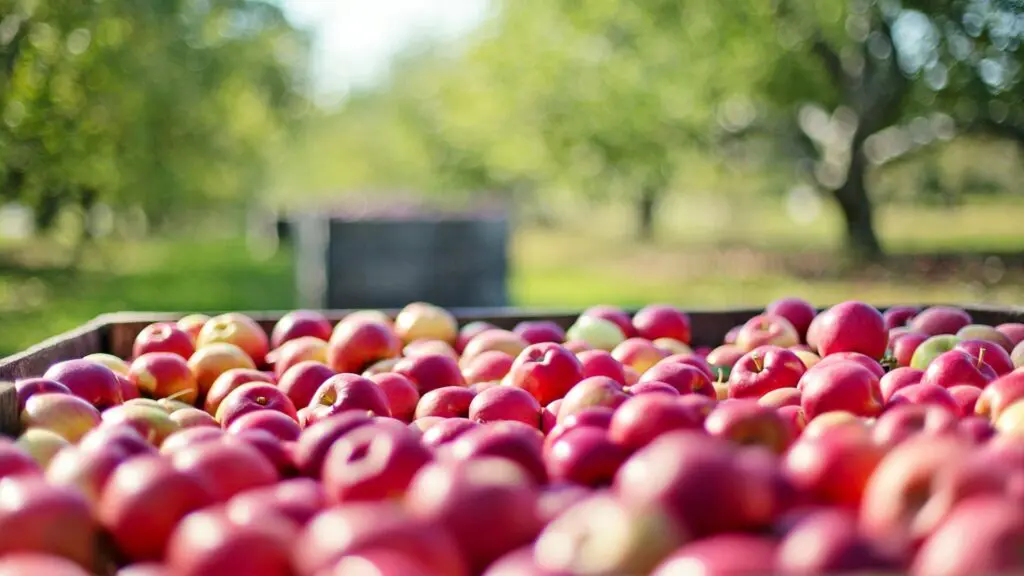As the world progresses and people continue to educate themselves, more and more consumers want to know what is in the products they’re ingesting. 1859 Cider in Salem, Oregon, is known for its zero manipulation philosophy when it comes to producing ciders and is transparent about it from the beginning. Not only does the company not alter the product, but it also makes cider with ingredients the owners would eat themselves. Patricia Fox co-owns the cidery with her husband, Dan, who were originally in the wine industry but switched to cidermaking in 2015.
The duo both have degrees in winemaking and vineyard management and began fermenting cider at home, developing a dream of changing how the industry is. “We didn’t like any cider on the market,” Fox says. “Cider is an expression of the fruit and where it comes from… We [wanted to] show people that there’s a different way of making cider. You can make it just like wine and really express the fruit.”
INGREDIENTS MATTER
1859’s taproom and production facility is located in a historic downtown district of Salem, a locale Fox says was picked in an attempt to revitalize the alleys of Oregon’s capital city. The cidery works year-round with local orchardists to purchase their fruit. Using this in all of the ciders, the cidery does not adjust for color acids, tannins, water, alcohol or even sulfites, she says, noting transparency of 1859’s ingredients is key, unlike most ciders on the market.
“You have no idea what’s in it [and] oftentimes they use concentrate,” she adds. “If there is a little bit of sweetness [in 1859 ciders], it is natural, not artificially infused whatsoever.” 1859 Cider even provides an entire tasting menu to taproom guests, which states what specific fruit is in each drink — a mantra that is in the cidery’s motto.
To fully draw out all the natural fruit flavors, the cidery puts its juice through a similar process that white wine juice goes through, never allowing the ferment to go above 60° F. “Cider is very delicate, the fruit that goes into it,” Fox says. “We want to make sure we retain all those flavors and don’t blow any of them off.”
A slower, colder fermentation draws out the delicate, natural flavors of the fruit, while a faster, hotter fermentation blows off CO2 at a rapid rate, taking aromatics with it. For example, the cidery makes an organic strawberry cider that smells like real strawberries while other small-batch ciders fully focused on showcasing the fruit used are able to do so with this process. Though it may take more time, Fox says the end result will be that high-quality, clean fruit. In addition to the slow, cold technique, 1859 produces using wild fermentation as well as pitched yeast when needed.
“We are hand-sorting fruit, washing, grinding, pressing, cold, slow fermenting for months then blending to taste,” Fox says of 1859’s technique, adding it is all done to ensure the expression of the fruit is made on the cider. The cidery ages its ciders anywhere from four months to nearly three years. “The entire process makes us very different,” she adds.
THE FUTURE IS FORWARD
From day one, the business has been taking a different approach to its cider production. After an 11-month buildout, the cidery taproom opened in 2016. The cider sold was 100-percent dry with no sweetness to it — completely different from the cider down at the local pub in and around Salem.
“We wanted to build the brand that we were different and not apologizing for it,” Fox says. “We are excited that people are starting to understand that not all ciders are made the same, zero manipulation ciders take time and quality. We’re super proud of it… It’s truly a vintage cider.”
Though Fox admits her ciders are more expensive, she believes the customers are paying for a true, unaltered, high-quality cider — a product she finds is hard to come by.









